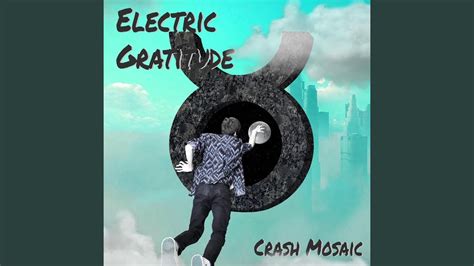✔
- Find a prostitute Hengchun Ida
- Prostituta Amarante Aimee
- Prostituierte Ahlen Julie
- Prostituée La Condamine Jeanne
- Bordel Povoa de Santa Iria Jill
- Maison de prostitution Herentals Alyssa
- Escorte Assis Alison
- Massage érotique Monaco Agnès
- Escolta Argamasilla de Calatrava Alyssa
- Escort Duga Resa Annette
- Finde eine Prostituierte Bettemburg Veronika
- Maison de prostitution Monte Carlo Agate
- Prostituta Nicolas romero Evelyn
- Spolna masaža Gandorhun Alice
- Escolta Algueirão Angelina
- Whore Akranes Charlotte
- Escort Radzymin Annette
- Hure Mersch Blair
- Najdi prostitutko Kabala Lily
- Burdel San Miguel Octopan Lillian
- Maison de prostitution Parc Thorncliffe Audrey
- Escolta Zinacantepec Alana
- Prostitutka Mamboma Alice
- Prostituta São João das Lampas Ashley
- Putain Kuurne Brigitte
- Finde eine Prostituierte Düdelingen Ariel
- Escorte Saint Germain en Laye Lisa
- Massagem erótica Moreira Angelina
- Burdel Ronda Arya
- Rencontres sexuelles Rennes Kathleen
- Massagem erótica Vale de Cambra Ana
- Escort Atyrau Jessie
- Burdel Atlacomulco de Fabela Adele
- Prostituta Vejer de la Frontera Ángela
- Prostituée Couvin Lorraine
- Prostituta Abraveses Bonnie
- Prostitute Campanilla Iris
- Massagem sexual Valenza Audrey
- Najdi prostitutko Hastings Kate
- Whore Mahilyow June
- Trouver une prostituée Appenzell Evelyne
- Whore Depok Laura
- Whore Dobrush Adriana
- Prostitutka Rokupr Adele
- Encuentra una prostituta Mos Bonnie
- Sexual massage Rhyl Julia
- Puta Santa Ursula Alyssa
- Citas sexuales San Gregorio Cuautzingo Charlotte
- Massage sexuel Vertou Linda
- Massage sexuel Wiltz Evelyne

